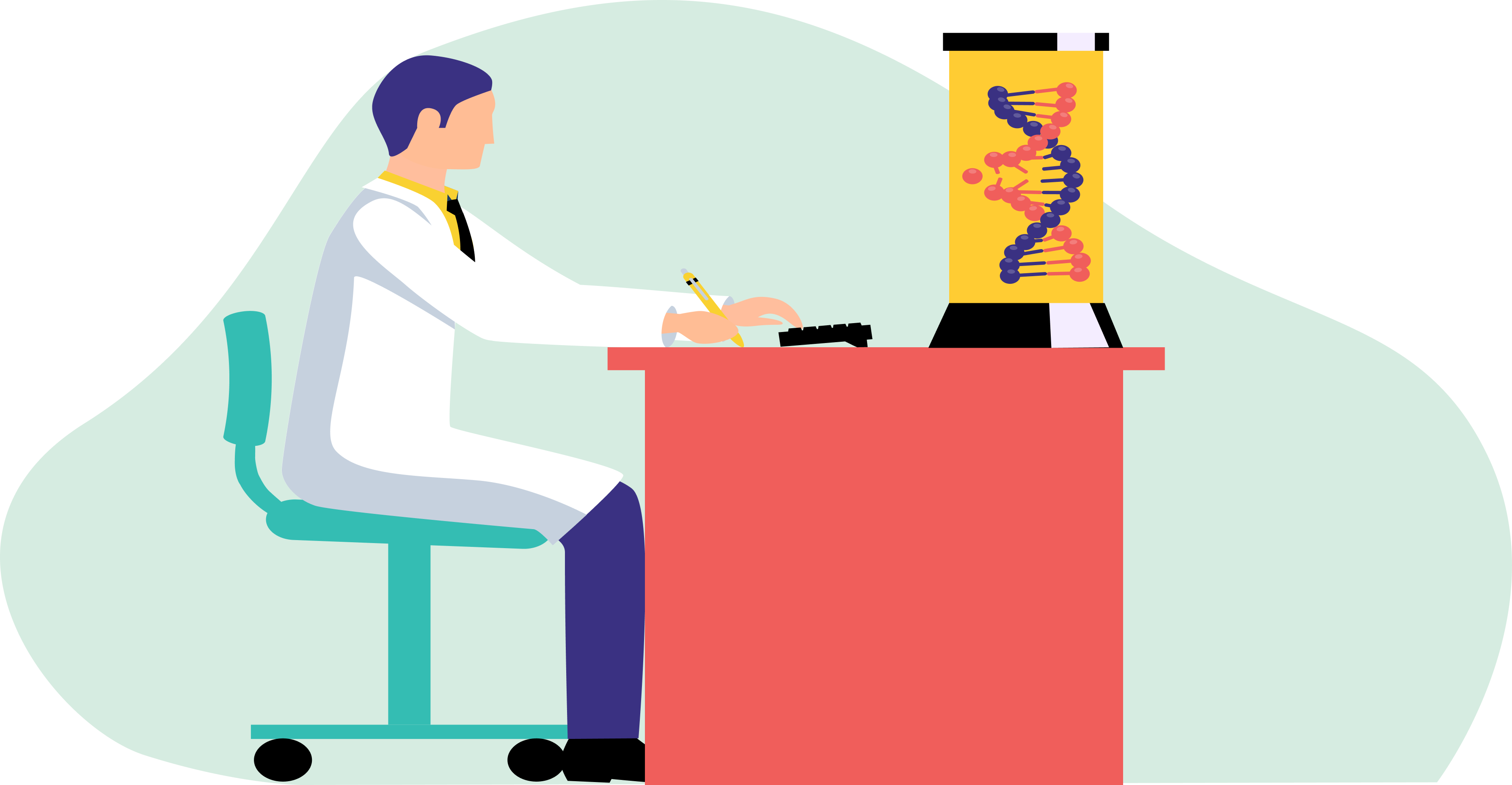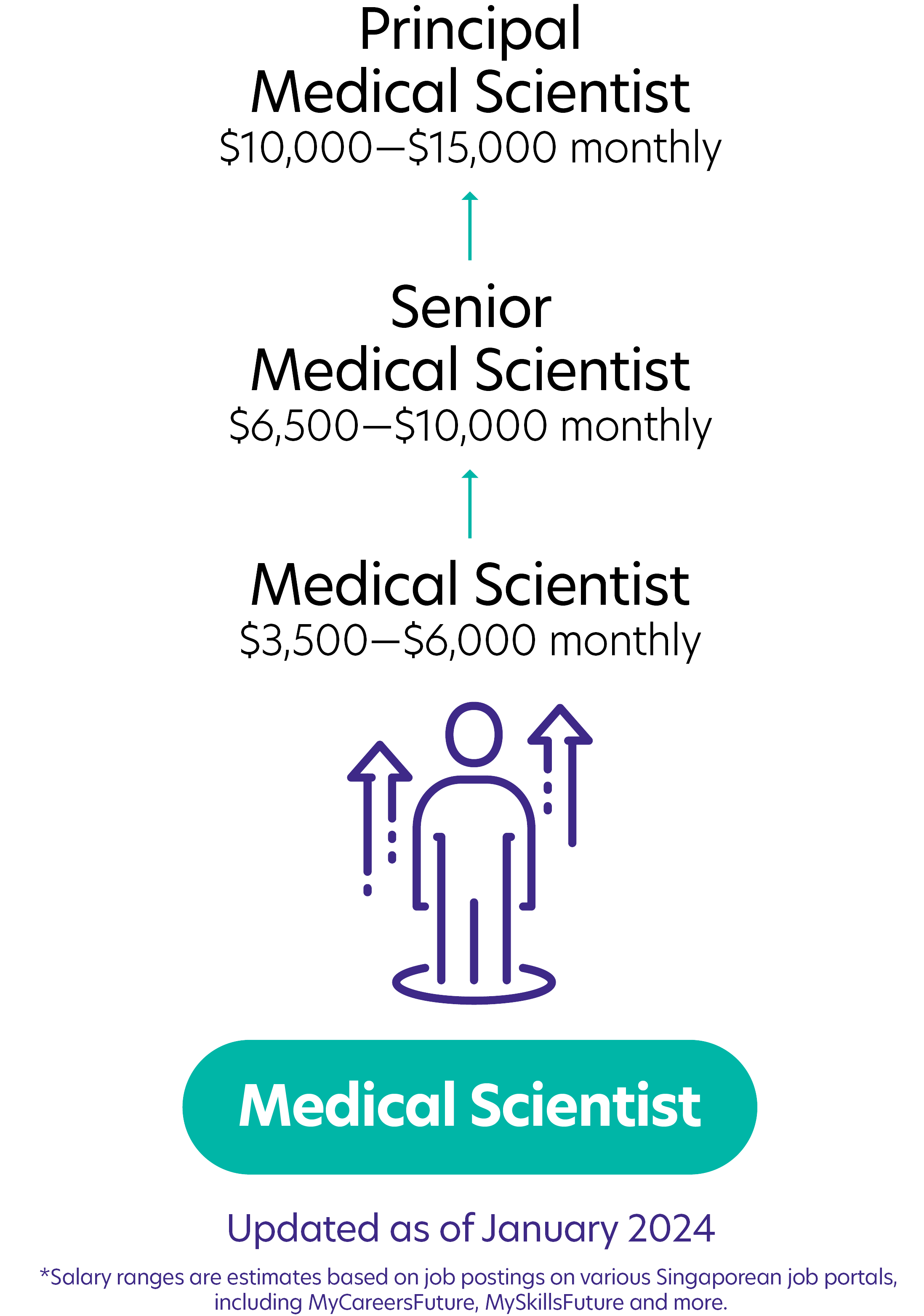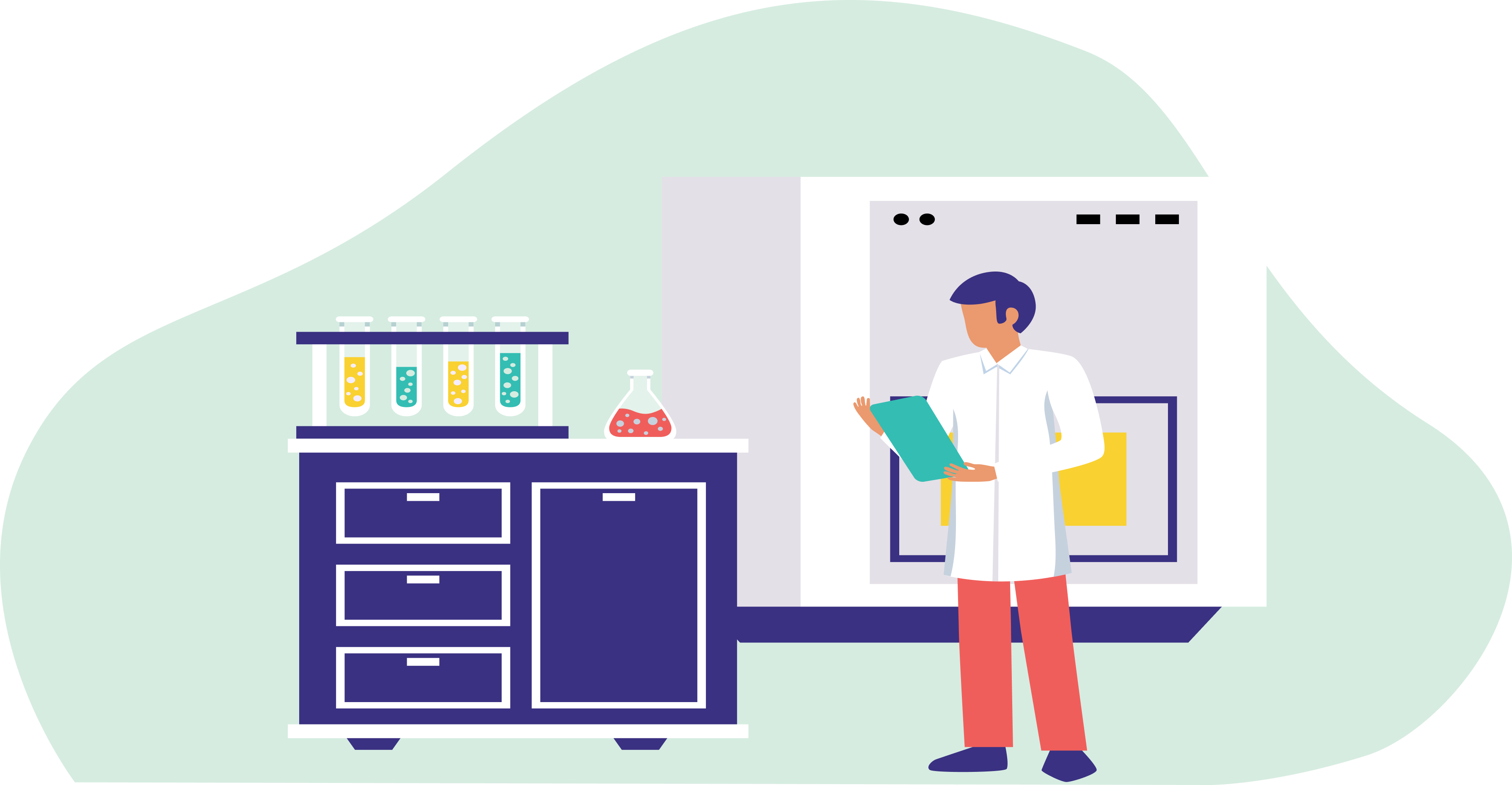
Medical Scientists perform research and clinical trials to check the effect of drugs. Through the discovery of new methods, they aim to improve human health.
Medical Scientist Job Description
- Conduct research on bacteria and viruses to improve medical-related products.
- Review and record technical research reports.
- Study new tests and treatments to find out if the drug or medical intervention works.
- Record and analyse research results to introduce new treatment methods.
- Follow standard guidelines to maintain safety and avoid contamination.
Note
Medical Scientists are involved in vaccine research and production, including vaccines for infectious diseases like COVID-19.
What you should know about Medical Scientist jobs in Singapore
Nature of Work
You must have a keen interest in Medical Research as you will be conducting trials on new drugs and discovering ways to improve human health.Key Advice
As most of your work and studies will revolve around Biology, a good foundation in Biology is required!-
Entry RequirementsEntry Requirements
- Minimally a diploma, bachelor's degree or equivalent in Biomedical Science is required.
- Experience in handling laboratory equipment will be an advantage.
- Possess relevant licensing from the Singapore Medical Council.
-
Possible PathwayPossible Pathway

Skills you need to pursue a Medical Scientist career in Singapore
Clinical Knowledge
Extensive understanding of clinical practices and procedures relevant to medical research and diagnostics.Scientific Study
Proficiency in designing, conducting, and analysing scientific research studies in a medical context.Laboratory Management
Skilled in laboratory operations, equipment maintenance, safety protocols, and workflow efficiency.Problem-Solving
Adept at identifying and resolving complex scientific and clinical challenges using innovative approaches.Collaboration
Ability to work effectively with other teams, sharing knowledge and contributing to joint research.Adaptability
Quick to adapt to new technologies, research methodologies, and evolving Medical Science landscapes.Related Job Roles
Explore Other Programmes
Browse AllYou have bookmarked your first item!
Find it in My Discoveries with insights on your interests!









